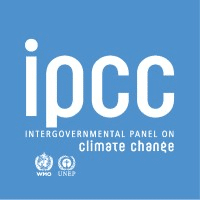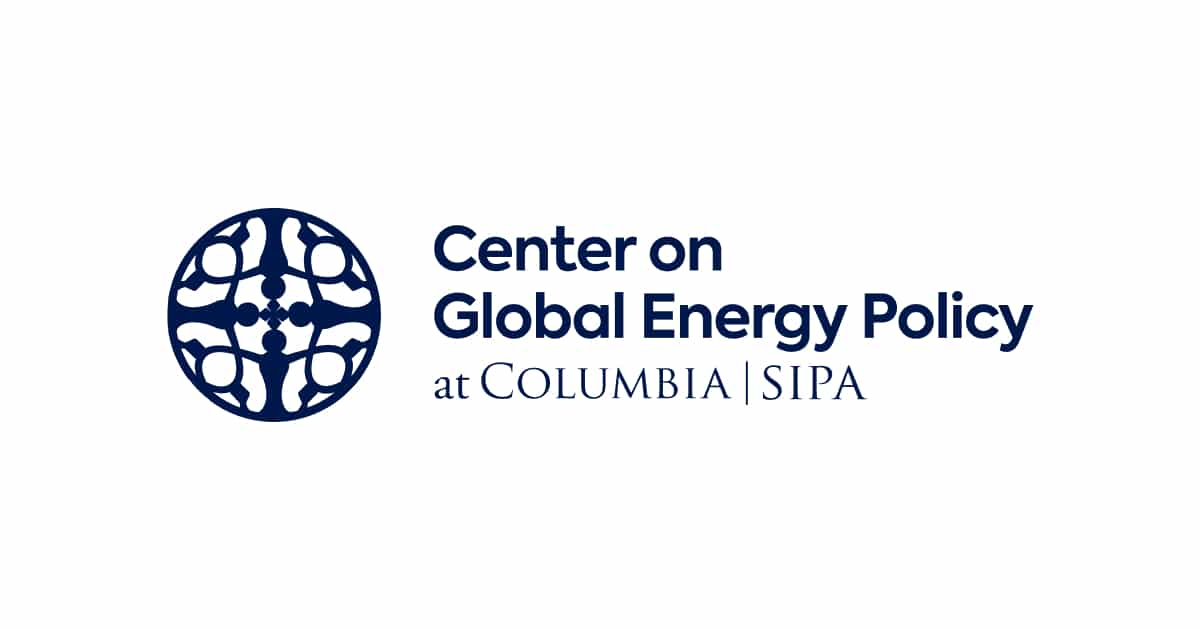Since its inception, through its research on the physical science of climate change, the IPCC has been assessing the state of knowledge on climate change. It identifies agreements in the scientific community related to climate change and topics where further research is required. The reports undergo several drafting and editing phases, thus guaranteeing objectivity and transparency. Its pieces are neutral, policy-relevant but not policy-prescriptive. The assessments are a crucial input into the international negotiations to tackle climate change.
Working Group I report offers an assessment of the current evidence on the physical science of climate change. This knowledge was gathered from observations, reanalyses, paleoclimate archives, climate model simulations, and physical-chemical and biological climate processes.
It covers the latest physical understanding of the climate system and climate change, bringing together cutting-edge advances in climate science, and combining multiple lines of evidence. The Summary for Policymakers can be downloaded to facilitate the reading and the Headline Statements that exemplify the most concerning situations.
Furthermore, The Technical Summary (TS), the entire Report Chapters, the Annexes, and the Supplementary Materials can be downloaded for a deeper reading. The Full Report is 1800 pages long, while the Summary is 39. The new Interactive Atlas is noteworthy. It provides spatial and temporal analysis of the report’s data-driven climate change information and assessment findings. In particular, it includes two components:
- The Regional Information granting access to climate change information (variables and derived indices) from the primary datasets used in the report.
- The Regional Synthesis enabling the exploration of crucial synthesized assessments on reference regions.
To learn more about IPCC Reports, click here.




